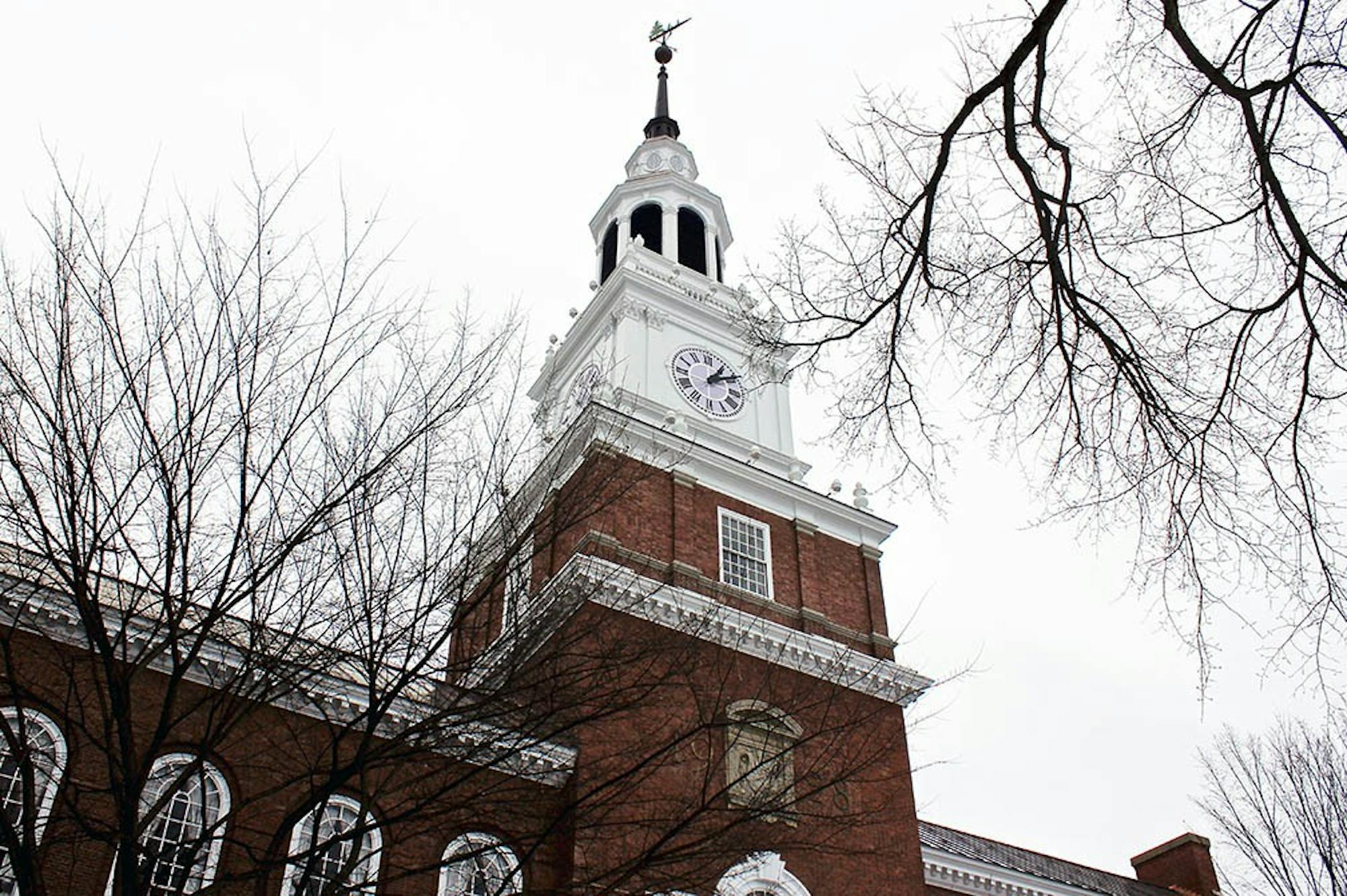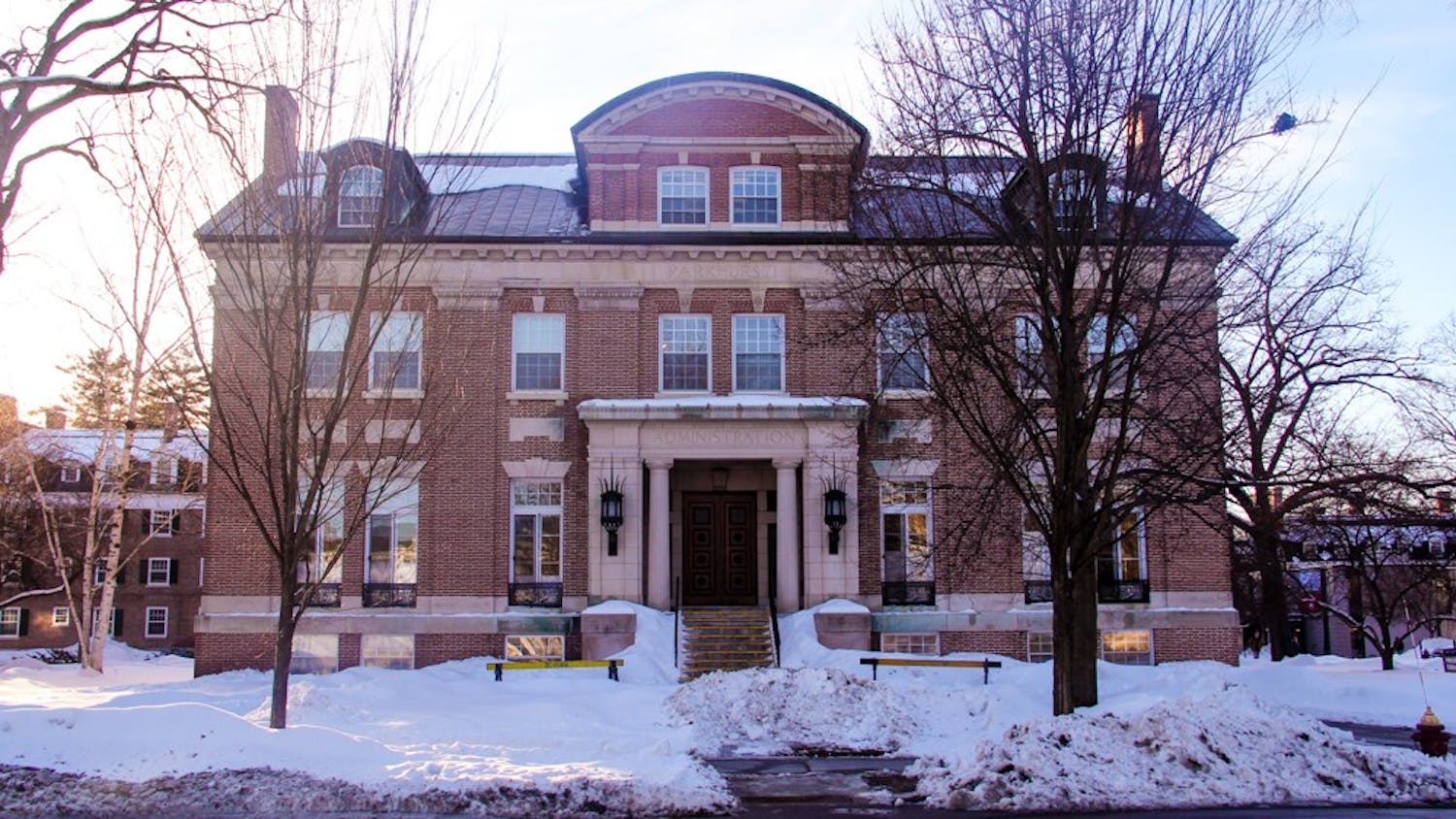Since the College announced its elimination of about half of its study abroad offerings for the 2021-2022 school year, students have voiced concern over losing opportunities and having to adjust their academic plans.
Dartmouth will offer 26 faculty-led programs in the next academic year, down from about 40 in previous years. For some students, the reduced and altered offerings have presented challenges for academic planning.
Jack Duranceau ’23, who planned to go on the astronomy foreign study program in South Africa, said that changes in when the program will be offered have added uncertainty to his D-Plan. He applied and was accepted to the FSP last year, but the program was pushed to 2022 due to the pandemic. Then, last month, he learned that the program would not run until the winter of 2023 — his senior year — due to changes in funding.
“I was frustrated,” he said. “I had to reinvent my entire D-Plan.”
The three courses included in the FSP will be offered on campus next year, Duranceau’s junior year, so he is faced with the decision to either take classes on campus and forgo the FSP or wait to participate in the FSP his senior year. He said it would be “a bummer” not to be on campus with the rest of his class during his last year on campus.
According to Duranceau, any current juniors who had planned to go on the astronomy FSP will likely graduate before the program runs again.
John Tansey, executive director of the Guarini Institute for International Education, said that it is “likely” that the institute, in conjunction with the Committee on Off-Campus Activities and the Office of the Provost, will be surveying students “sometime in the near future” about the impacts of study abroad changes on their plans for majors and minors.
While Tansey and other administrators develop ways for students to provide feedback, members of the Dartmouth community have already organized. Over 1,000 students and alumni have signed a petition to support the continuation of Hispanic and Lusophone language and foreign study abroad programs.
Arturo Serrano Borrero ’24, a drill instructor for the Spanish department, signed the petition and wrote one of its 201 testimonials.
As a drill instructor, Serrano Borrero helps SPAN 3 students practice three times a week. He said students are often driven by the prospect of being able to study abroad.
“The most motivated students I’ve worked with are those who have an LSA or an LSA+ program as their goal,” he said.
Serrano Borrero said that with the changes in study abroad offerings, some of his students feel that they will not have the opportunity to immerse themselves in a Spanish-speaking country.
Being able to spend 24 hours a day among native speakers “should be a fundamental component of any language program,” he said. “If Dartmouth is truly committed to teaching language, [the opportunity to study abroad] should be readily available to anyone who wants it.”
As part of his own experience in the French department, Serrano Borrero said he hopes to study abroad in a Francophone country. He said that he has been hoping to study in Toulouse, France, but is now “concerned” about increased competition for acceptance into French programs due to fewer opportunities.
More than 170 students and alumni have signed a petition for the continuation of language and foreign study abroad programs in the German studies department.
Adam Vandenbussche ’22, one petitioner, said that he had not initially considered studying a language at Dartmouth after having fulfilled his language requirement. He said that he changed his mind during his freshman orientation when he was informed about the opportunity to learn German and study abroad. Vandenbussche completed the German introductory sequence and participated in the department’s Berlin LSA, which he described as a “surreal experience.”
When Vandenbussche — a computer science and engineering major — heard about study abroad program cuts, he said he felt “saddened” about the reduction of humanities and language programs.
“The benefit of liberal arts gets a bit diluted once you start taking away opportunities for STEM majors to go study humanities cultures and languages,” he said. “I learned a lot about myself through the program and through the experiences I had abroad, and was able to tie those experiences back to STEM.”
Jayanth Uppaluri ’24, who said he applied to Dartmouth partially because of its study abroad programs, similarly added that he believes the cuts have “deemphasized” the humanities. He had been considering applying to the English and creative writing FSP to Dublin, which has been eliminated from the College’s offerings.
Hearing about study abroad cuts was “shocking” and “disappointing,” he said.
“It seemed to go against everything that Dartmouth had talked about,” he said, “especially because [studying abroad] is a selling point for Dartmouth on tours — something I’ve heard about, something I’ve read about.”




